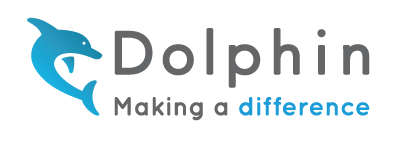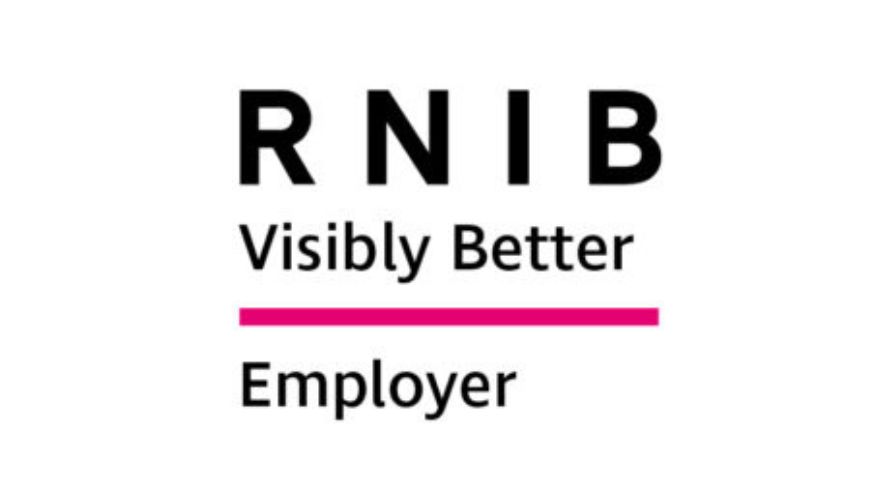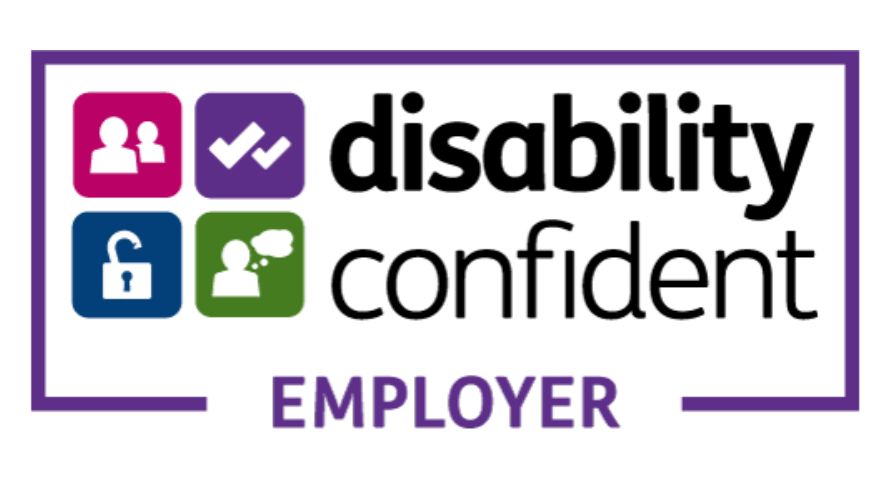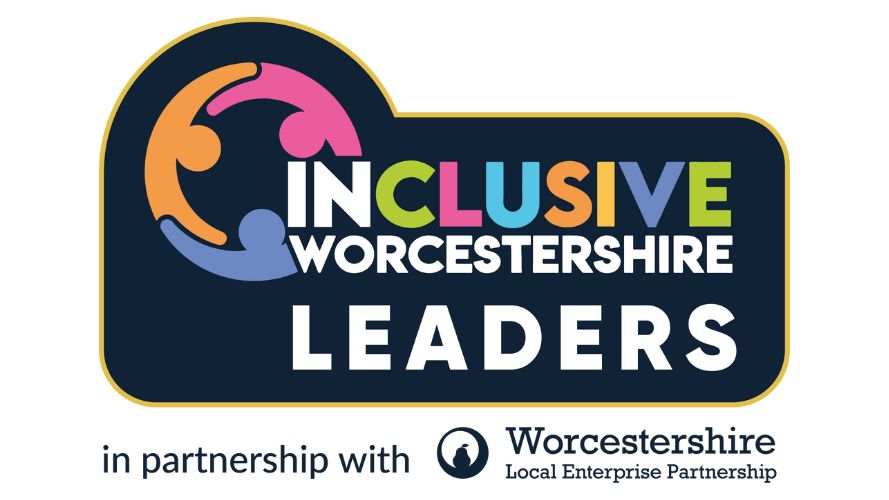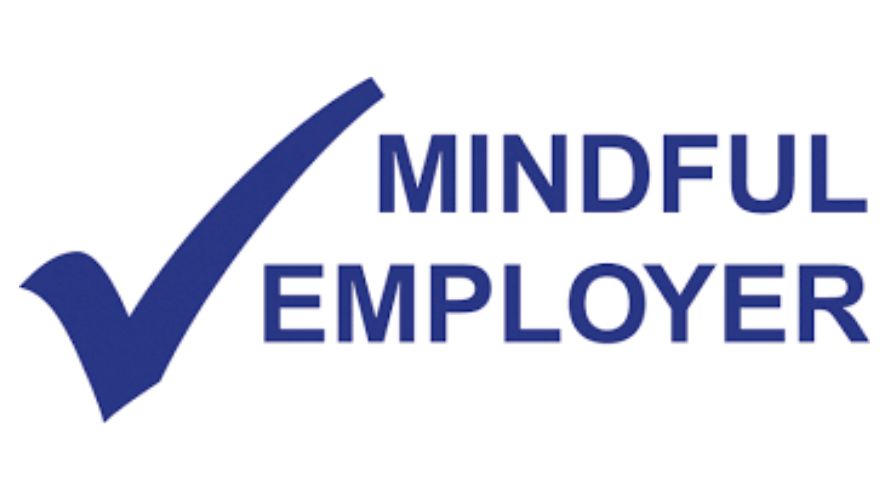About Dolphin Computer Access
Dolphin develops assistive technology that makes a difference to people with visual impairments.
Dolphin Makes a Difference
Dolphin assistive technology products are designed to improve accessibility and independence on computers, for people with a wide range of vision impairments. This includes screen readers for people who are blind, magnification and audio products for people who have partial sight and low vision.
Dolphin also develops technology to assist a neurodiverse range of readers. Accessible reading technology from Dolphin is used by book lovers and students with dyslexia, ADHD and autism, in addition to other print impairments. It provides a way to access books from accessible libraries around the world.
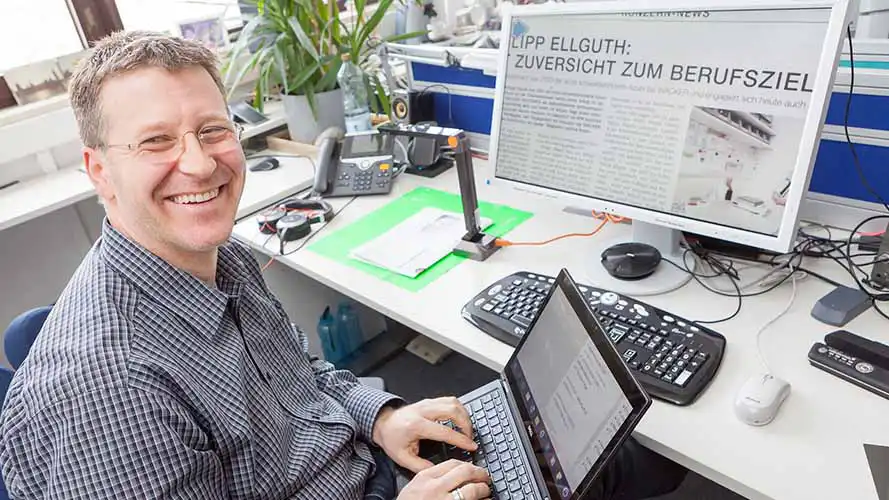
Company History
The design and development of Dolphin products is led by assistive technology experts at our headquarters in Worcester, UK.
Founded in 1986, Dolphin is now a world leader in assistive technology for people who are partially sighted or blind.
To support our international community of users, Dolphin has offices in New Jersey, USA and Falköping, Sweden. We also have a global network of dealers who work closely with the UK team.
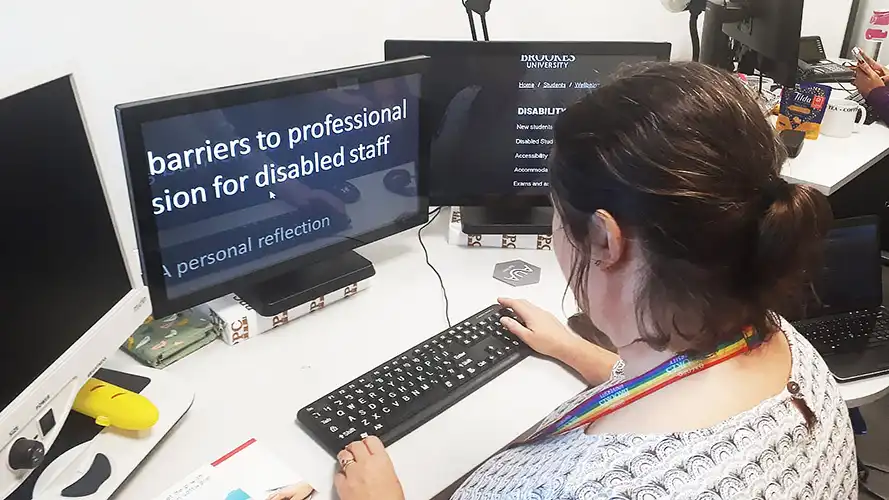
“A very professional company. Friendly and dedicated to assisting people with sight loss.
Highly recommended.”
Tracy Atkinson, Sight Support Hull & East Yorkshire
The Teams at Dolphin
Dolphin Development Team
Our development teams work continuously to build new assistive technology, as well as test, develop and improve our existing software.
Each product is designed to improve computer accessibility for our users - at home, at work and throughout their education.
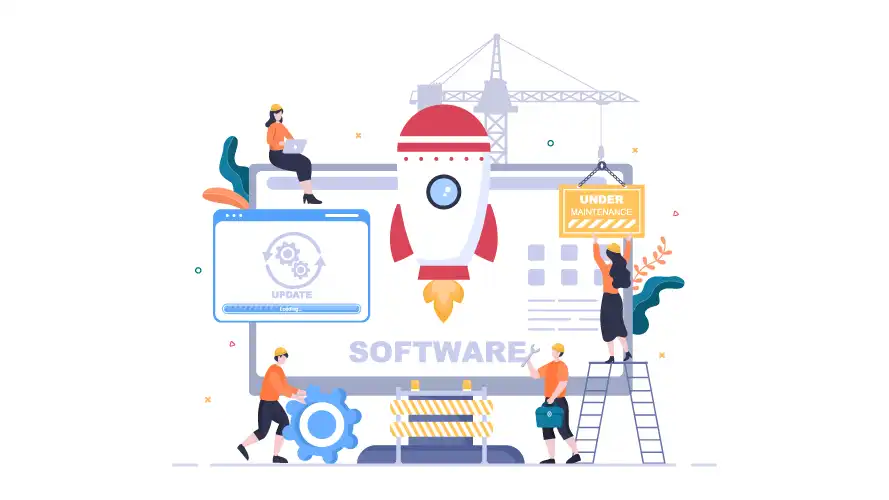
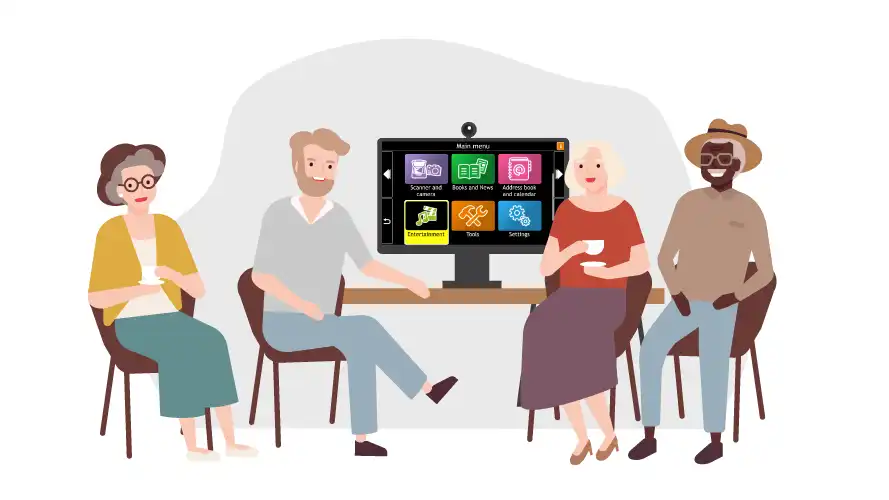
Dolphin Sales Advisers
Our knowledgeable Sales Advisers are always available to help you find the right software for your needs and can be contacted by email, phone or on-screen chat.
The Sales Team is based in Worcester, UK; New Jersey, USA and Falköping, Sweden. The team is supported globally by a network of trusted dealers.
Dolphin Support Team
With positive user experience in mind, the Dolphin Support Team provides information, resources and training to help you use each product to its full potential.
The Support Team also helps you solve any issues you experience with the technology, so you always make the most of the Dolphin tech you choose.
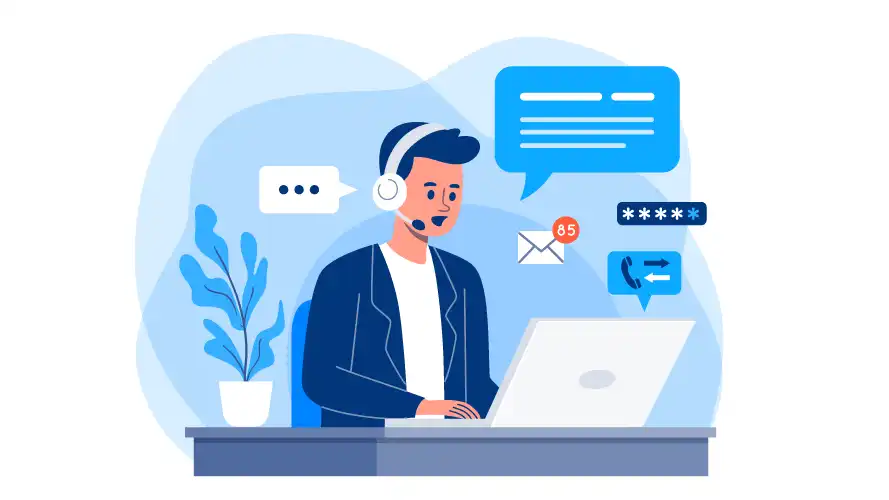
“The after-sales service provided by Dolphin is first class. We have always found the staff at Dolphin to be extremely helpful, friendly and prepared to do anything they can to assist.
Dolphin software has allowed countless children and young people to enjoy using computer technology.”
Cheryl Price, Visual Impairment Service, Gwent
More From Dolphin
Dolphin Friends
Dolphin Friends supports, recognises and rewards the great work that charities and sight loss societies do to support the people in their community who are visually impaired.
Charities, societies and organisations in the UK and USA can become Dolphin Friends. Dolphin Friends receive charitable donations, free Dolphin software, staff training and other resources to help advise and educate people on Dolphin assistive technology.
Find out more about Dolphin Friends in the UK and Dolphin Friends US.
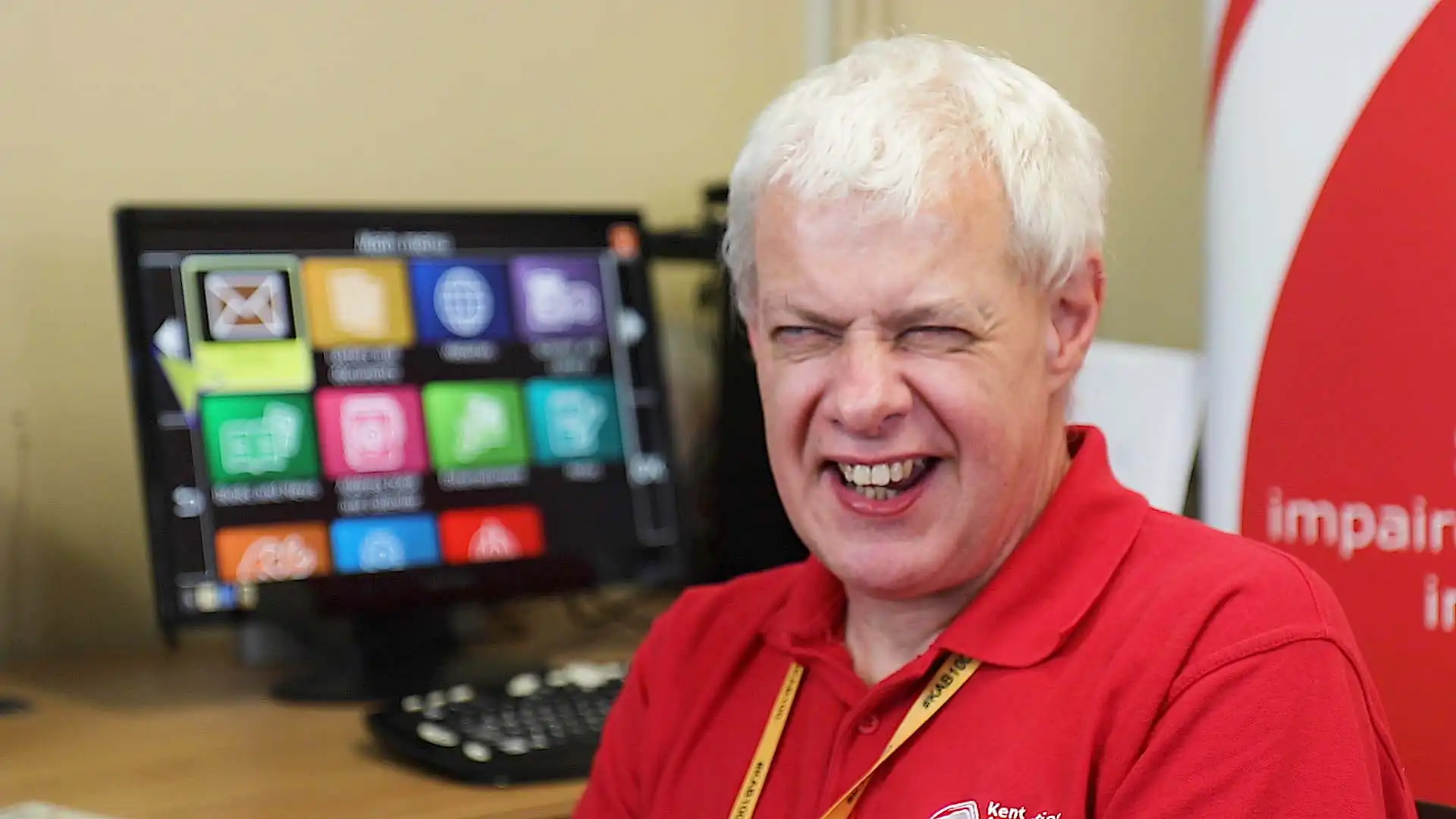
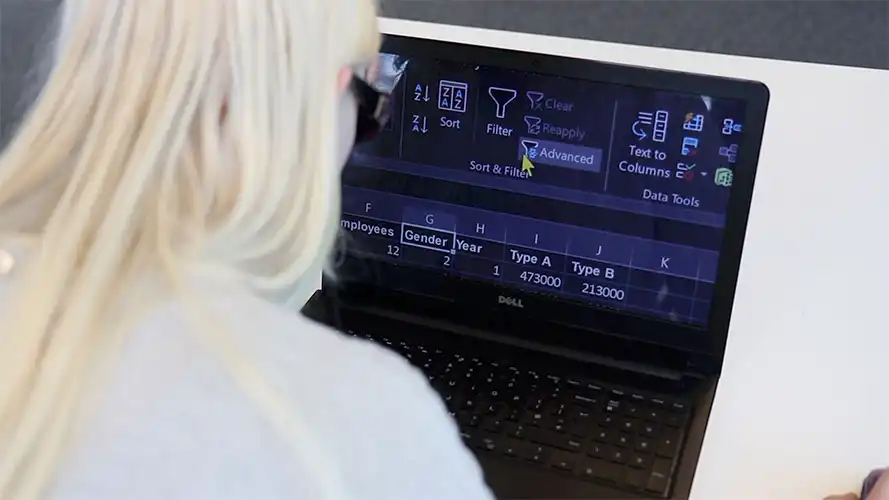
Beta Testing Dolphin Products
We have a fantastic network of users that test our products and feed information back to us. This helps ensure new products and developments achieve the high standard we and our customers expect.
If you would like to join our Beta Testing Group, complete the simple application form and we’ll let you know what’s involved.
Working at Dolphin
At Dolphin, we believe it’s important to form a workplace that’s inclusive, interesting and exciting. Job satisfaction at Dolphin is high and the work is varied, with plenty of opportunities for learning and progression.
It’s important to us that we employ people who are inspired by what we do and who are looking for a career that makes a difference.
We are committed to building a diverse team and we encourage applications from disabled people.
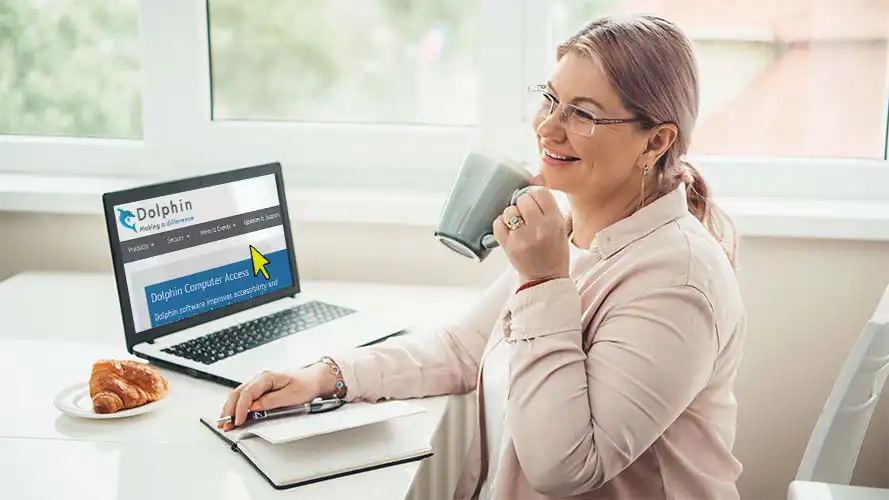
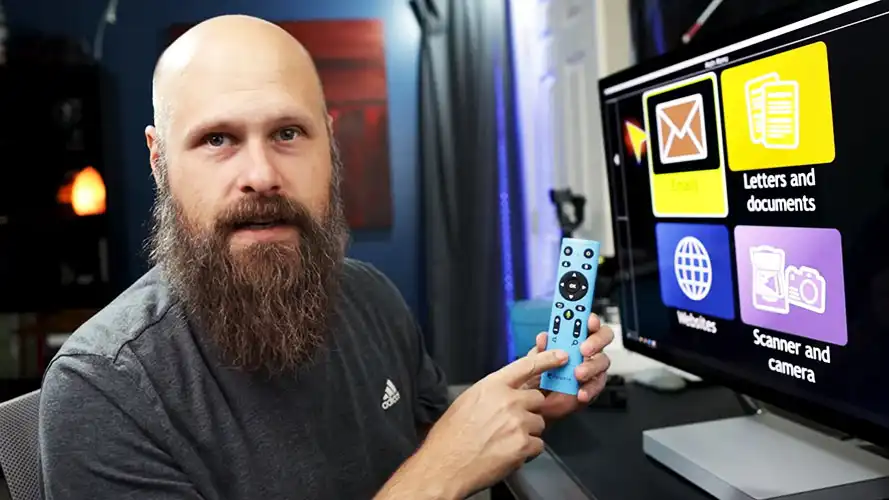
Dolphin Blog
The Dolphin Blog is an informative and useful resource for people with visual impairments, their allies, friends and families.
With articles and information on a range of accessibility topics, it shares practical ways to improve accessibility for people who are blind, partially sighted or neurodiverse.
Articles are based on factual information, personal experience and research around accessibility and we welcome guest bloggers who talk to us about their own experiences.

 United States
United States
